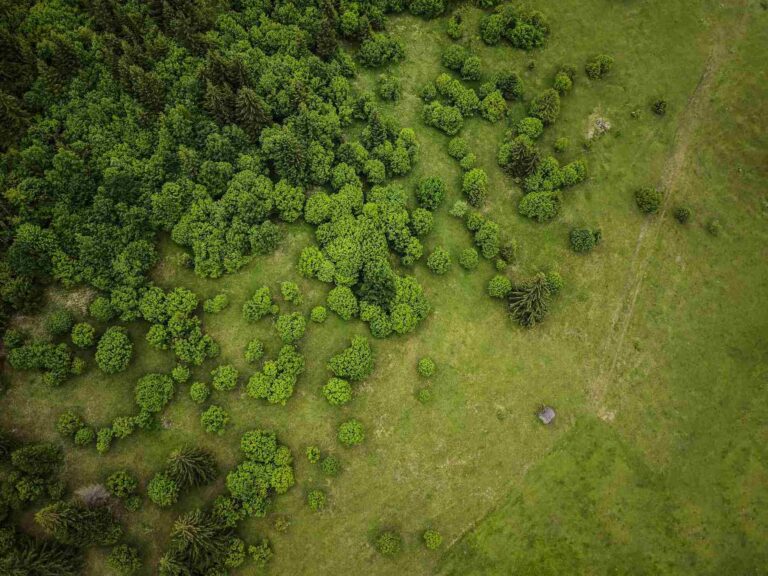Mature trees are powerful allies in the battle against climate change. New research from the University of Birmingham shows that older trees can absorb more carbon dioxide (CO2) than previously thought, offering hope in reducing planet-warming emissions. This article explores the findings, the importance of mature forests, and their role in global climate strategies.
Table of Contents
Mature trees as carbon absorbers
While younger trees have long been known to absorb CO2, recent studies suggest mature trees also play a significant role. Older trees, some over 180 years old, can accelerate their CO2 absorption, helping to mitigate climate change. The research, which focused on mature oak trees exposed to higher levels of CO2 for seven years, revealed that these trees produced nearly 10% more wood, locking in the carbon for long-term storage.
The FACE experiment
This discovery is the result of the University of Birmingham’s Free-Air Carbon Dioxide Enrichment (FACE) experiment. Located in a 52-acre forest in Staffordshire, the FACE project simulates future atmospheric conditions by exposing trees to increased CO2. The study aims to understand how forests will respond to climate change over time.
Long-term implications
The FACE experiment has been extended until 2031 to continue monitoring the trees’ responses. Researchers believe that studying the long-term effects of elevated CO2 levels will provide a more accurate understanding of how mature forests can help fight climate change.
Mature forests and climate change mitigation
Mature forests are crucial in the fight against global warming. Forests act as natural carbon sinks, absorbing and storing CO2 for decades. When trees absorb CO2, they convert it into leaves, roots, and woody biomass. Leaves and roots store carbon for shorter periods, but wood can lock it away for decades.
Importance of protecting mature forests
Mature forests are irreplaceable in climate strategies. It is estimated that a football field-sized area of primary forest is lost every six seconds, further reducing the planet’s ability to absorb CO2. Protecting these forests is essential to preserving their carbon storage capacity.
Trees alone cannot solve the climate crisis
While mature trees can absorb significant amounts of CO2, they are not a solution on their own. As Professor Rob MacKenzie, head of the FACE experiment, explains, forests cannot offset the continued burning of fossil fuels. Reducing emissions from fossil fuels remains the top priority.
A broader approach to climate solutions
Forests are vital but must be part of a broader climate strategy that includes reducing emissions, increasing renewable energy use, and improving energy efficiency. Mature trees offer hope but cannot replace the need for global emission cuts.
Impacts on biodiversity
The FACE experiment has also shown that elevated CO2 levels affect biodiversity, with some insect species increasing in population. This highlights the interconnectedness of ecosystems and the need for further research on how changing air conditions will impact forest biodiversity in the long run.
Read also: Restoring nature’s balance: the science and practice of ecological restoration












